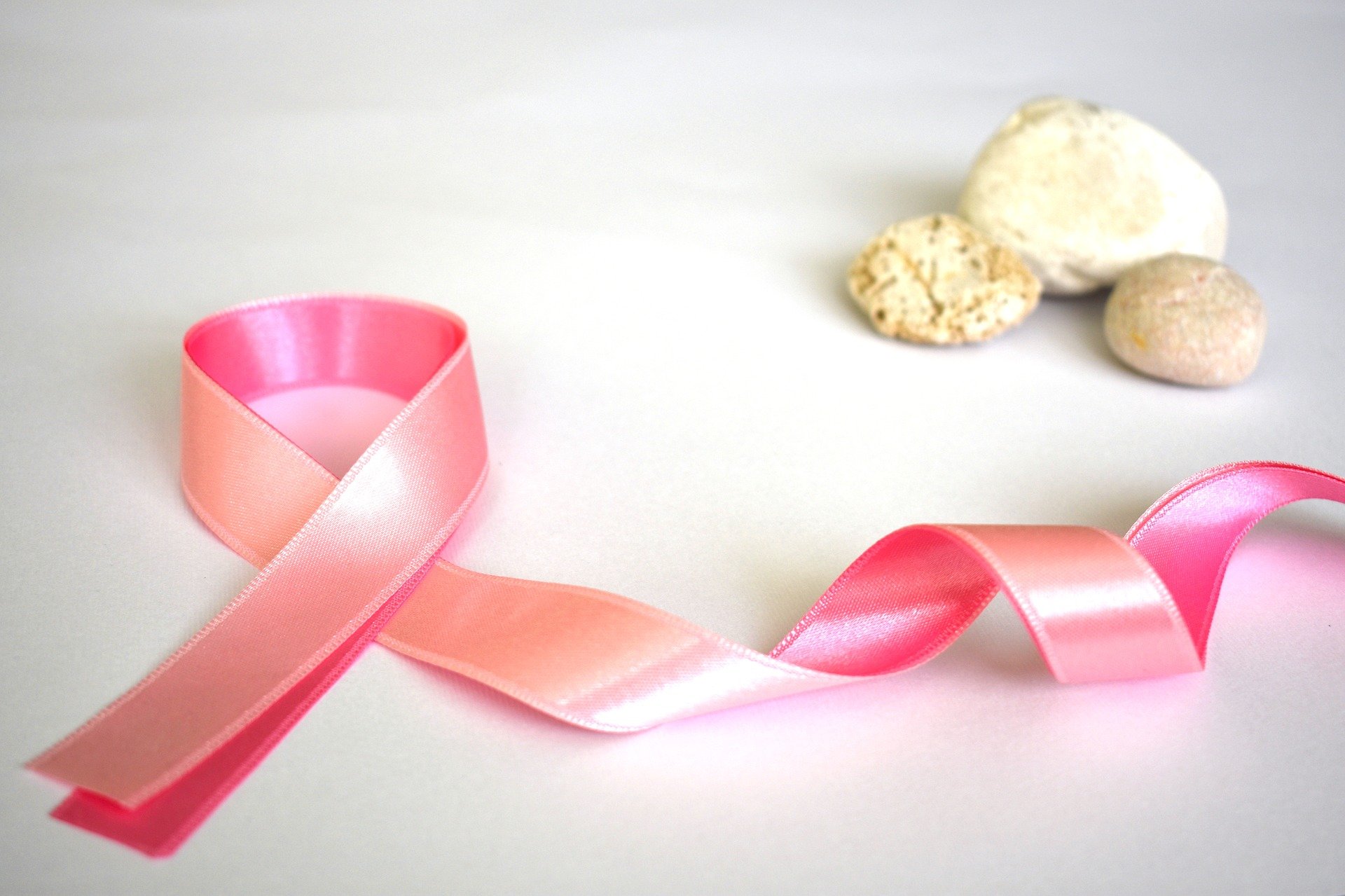
October is Breast Cancer Awareness Month.
Nutrition advice for breast cancer survivors can be found everywhere—online, social media, and from family, friends or even strangers. In fact, when you search on the internet for “breast cancer nutrition,” hundreds of millions of search results pop up. Yet not all cancer nutrition information is based on solid scientific evidence. As I speak with people with breast cancer each week, they still have misinformation about foods to eat or to avoid. Let’s set the record straight about breast cancer nutrition.
Sugar is not a direct cause of breast cancer.
The myth that sugar feeds cancer and triggers growth of cancer is a misinterpretation of some basic chemistry processes in the body. All the cells in the body use sugar (glucose) for energy. Sugar (glucose) comes from carbohydrates we eat. Board Certified Specialist in Oncology Nutrition Julie Lanford, MPH, RD, CSO LDN writes, “If we don’t provide our body with enough carbohydrates through food, our bodies are forced to make it in order to meet the needs of all cells. Making sugar (glucose) results in muscle loss and a weakened immune system.”[1] We cannot direct sugar to only healthy cells and prevent the sugar from entering cancer cells. We cannot “starve” only cancer cells.
For other reasons, experts do recommend limiting “added sugars,” which are sugars added to foods during cooking and manufacturing, as the extra calories from sugar contribute to unhealthy weight gain. Obesity is a risk factor for breast cancer and recurrence of breast cancer. Foods with added sugars may replace healthy foods that build strength and immune support during cancer treatment.
Milk is safe for people with breast cancer.
A study published last year led to misleading and inaccurate headlines linking cow’s milk to an increase in breast cancer risk. The study was a weak observational study that did not consider other factors. For example, there were no controls for amounts of fruits and vegetables consumed by participants nor frequent measures of body mass index over time. In other words, the study compared apples to oranges. The study may provide direction for future studies which do include more clinical and precise data collection for better comparison, but for now, the overall research on milk and breast cancer must be considered.
The Oncology Nutrition Dietetic Group, a professional group for registered dietitian nutritionists practicing in oncology, published the second edition of Oncology Nutrition for Clinical Practice in 2021. The resource states that “limited evidence suggests that dairy products are associated with reduced risk of premenopausal breast cancer, and diets high in calcium with reduced risk of both premenopausal and post-menopausal breast cancer.”[2] And, the American Institute for Cancer Research’s Vice President of Research Nigel Brockton adds, “For the best estimate of the risk of breast cancer associated with milk consumption, take a look at the American Institute for Cancer Research/World Cancer Research Fund analyses, which show no increased risk with higher milk consumption.”[3]
A vegetarian diet is not required during breast cancer treatment.
I talk to many people who think they need to follow a vegetarian diet after they are diagnosed with breast cancer. This switch to a vegetarian eating style can be a very stressful change in food selection, grocery shopping and meal preparation while dealing with surgery, treatment, and cancer side effects. This stress can make side effects worse and compromise strength during treatment. Most healthcare providers who specialize in oncology nutrition will not suggest a radical change in dietary habits during treatment, especially changes which may not be easy to implement, causing additional stress for the patient, and/or which could result in the patient not eating the variety of foods needed to get enough nutrients and calories. Skip the stress of making large changes to the way you eat and focus on eating a variety of healthy foods you enjoy. The American Institute for Cancer Research suggests a plant-forward menu with a variety of fruits, vegetables, whole grains, and beans, which supports a healthy body weight, and cautions against drinking alcohol.
Bottom line: Eat foods that you like and can easily tolerate after a breast cancer diagnosis.
Choose healthy foods often, like lean proteins and plants. Keep a stable body weight by eating foods that are moderately or minimally processed. Avoid fad and restrictive diets unless, approved by your oncologist. Seek help from your healthcare team and a registered dietitian for managing side effects that prevent you from eating balanced meals and snacks.
Research into breast cancer and nutrition is still ongoing. For the most accurate up-to-date information, turn to a registered dietitian nutritionist with experience in working with breast cancer patients.
Resources
Cancer & the Internet: Finding Reliable Information
Breast Cancer Survivors Report from the World Cancer Research Fund and American Institute for Cancer Research
References
[1] Lanford, J. “Does Sugar Feed Cancer?” It’s not that simple!” Available at https://cancerdietitian.com/wp-content/uploads/2016/05/Does-Sugar-Feed-Cancer.pdf. Accessed September 2021.
[2] Voss A and Williams V, eds. Oncology Nutrition for Clinical Practice. 2 ed. Oncology Nutrition Dietetic Practice Group; 2021: 22.
[3] Nelson, M. A Study Suggests Milk Increase the Risk of Breast Cancer, but AICR Experts Say Not So Fast. 18 March 2020. Available at https://www.aicr.org/news/a-study-suggests-milk-increases-the-risk-of-breast-cancer-but-aicr-experts-say-not-so-fast/. Accessed September 2021.
